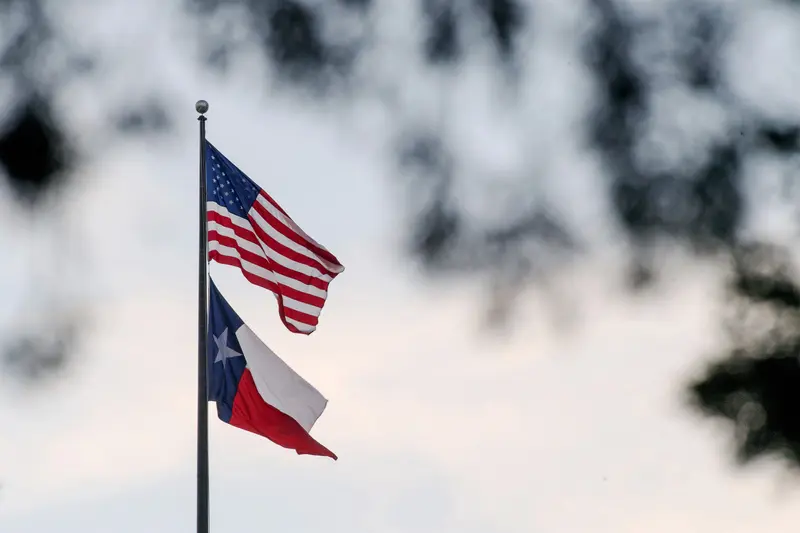Texas lawmakers are working to plug a gap in a 2009 law that was meant to keep people with a history of serious mental health issues from legally acquiring firearms.
Bipartisan legislation has been filed in the state House and Senate that would explicitly require courts to report information on involuntary mental health hospitalizations of juveniles age 16 and older after a ProPublica and Texas Tribune investigation revealed that they were being excluded from the national firearms background check system.
Under the current law, county and district clerks across the state are required to send information on court-ordered mental health hospitalizations to the Department of Public Safety. The state’s top law enforcement agency is charged with forwarding those records to the FBI’s National Instant Criminal Background Check System, known as NICS. Federally licensed dealers are required to check the system before they sell someone a firearm.
Elliott Naishtat, a former state lawmaker from Austin who authored the 2009 law, told the news organizations that he intended for it to apply to all Texans no matter their age. But following the May 2022 school shooting in Uvalde, the outlets discovered that local court clerks were not sharing that information for juveniles, either as a matter of policy or because they didn’t believe that they had to.
A bill by state Sen. Joan Huffman, a Houston-area Republican, passed unanimously out of committee last week with bipartisan support.
The legislation aligns Texas with new federal reporting requirements and is “meant to make the background check more thorough and hence make our communities and schools safer,” Huffman at the committee hearing.
Congress passed gun reform legislation in June that includes a requirement that federal investigators check state databases for juvenile mental health records. But such checks would fail to reveal many court-ordered juvenile commitments in Texas because they are not currently being reported.
It’s impossible to say how many Texans with juvenile mental health records have been able to purchase firearms as adults. But the same month Congress passed the reforms, San Antonio police arrested a 19-year-old man who had been placed in mental health facilities twice when he was 16, his father told police. The man, who had recently purchased an AR-style rifle, considered the Uvalde gunman an “idol” and threatened to commit a mass shooting at an Amazon delivery station where he worked, according to an arrest affidavit.
Since the news organizations’ investigation, the Texas Judicial Council, which monitors and recommends reforms to the state judiciary, has called on lawmakers to clarify juvenile reporting requirements, concluding that there was widespread confusion about them.
Naishtat also reached out to current legislators to request that they file legislation to clarify the requirements after learning about the gap from ProPublica and the Tribune.
“I just want to get this fixed,” Naishtat said.












